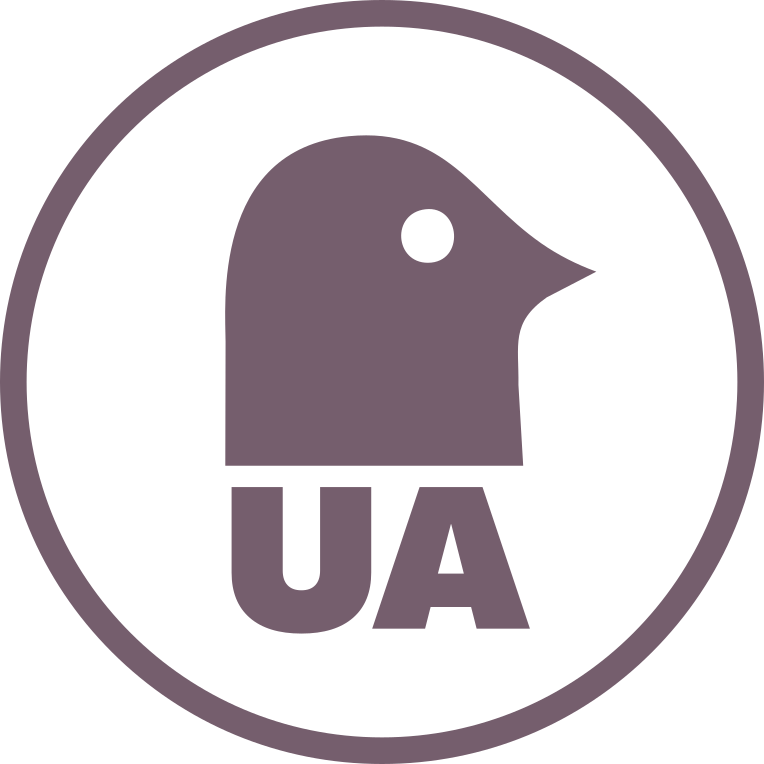
Most initiatives at the University begin in various committees. Therefore, a lot of advocacy work happens at this level: to create new initiatives, plan and organize them, as well as monitor and evaluate them. There is a complex chain of command of University Committees, many of which have undergraduate representation. Each committee has a specific scope of work, and there are committees for just about anything, ranging from advising, Student Services, equity, to classroom improvements.
Submit a notice of interest to serve on a committee here
McGill Committees
McGill University Committee Descriptions
McGill University is a large institution, and underneath the McGill Senate, there are many University-level Committees. This is where planning, discussions, and consultations take place for various issues concerning various bodies in the University. This is also usually where the SSMU Senators, as well as undergraduate students like you, can start advocacy projects and initiatives. This document will list the University-level Committees with open student seats and provide descriptions for each. Unless otherwise noted, most committees consist of 20-30 members, 2-3 of which are students. The remainder are a combination of University Administrators, members of Senate, members of the Academic staff, etc. If you have any further questions, please don’t hesitate to reach out to ua@ssmu.ca or uasecgen@ssmu.ca.
CATEGORY 1: Senate Standing Committees (and their Subcommittees)
Academic Policy Committee (APC)
The APC is a Standing Committee of Senate charged with making recommendations to Senate on all matters regarding academic course and program proposals in order to determine whether they meet academic standards and are aligned with the academic mission and priorities of the University, whether they are based on an adequate body of knowledge, whether proposed teaching or learning methods and methods of evaluation of student performance are satisfactory, and whether the necessary human and material resources are in place. Occasionally the APC deals with academic policies.
- Subcommittee on Courses and Teaching Programs (SCTP)
The SCTP is a subcommittee of APC tasked with exercising all the functions and powers of APC as regards courses, revisions to existing courses teaching programs, and proposals for new teaching programs. It then informs and makes recommendations for the APC in a timely manner.
- Subcommittee on Teaching and Learning (STL)
The STL is a subcommittee of the APC tasked with recommending initiatives and/or policies to enhance the quality of teaching and learning, as well as maintaining regular communication with the Faculties (through its Faculty representatives) on matters relating to teaching and learning. It reports to Senate through APC once a year.
-
- University Teaching Labs Working Group (UTLWG)
The UTLWG, a subcommittee of STL, sets a vision for improving labs for teaching and learning at McGill. Its mandate is to identify needs for teaching laboratories, establish pedagogical and technical principles for the renovation and upgrade of teaching laboratories, establish priorities for improvements (upgrades, repairs) to teaching laboratories across the University (including new teaching laboratories), support the University to benefit from funding opportunities, recommend funding for the creation, upgrade and maintenance of teaching laboratories and related equipment. It is affiliated with the Teaching and Learning Services (TLS).
-
- Course Evaluations Advisory Group (CEAG)
The CEAG, another subcommittee of STL, works to develop strategies and instruments to increase student participation, to increase the number of instructors participating in the dissemination of results, and to advise on other activities of the Teaching and Learning Services (TLS) related to Mercury and the course evaluation system in general. It is affiliated with the TLS.
Committee on Enrolment and Student Affairs (CESA)
The CESA is a Standing Committee of Senate charged with oversight of enrolment and student affairs matters, and making recommendations to Senate about such matters. This includes policies about course timetabling, student records, academic integrity, student advising and orientation, as well as admission standards and policies of the University. In addition, it reviews and approves new awards/aids and changes to existing awards/aids available for students.
- Enrolment and Student Affairs Advisory Committee (ESAAC)
The ESAAC is a subcommittee of CESA and discusses and offers advice on issues related to recruitment and admissions, scholarship and student aid, and student affairs broadly speaking. It will make recommendations concerning student records, sessional dates, course and examination timetabling, academic integrity, student advising, student awards and student aid, as well as recruitment and admissions.
- Scholarship Review Subcommittee (SRS)
The Scholarship Review Subcommittee, another subcommittee of ESAAC is tasked with determining the status of student appeals regarding the potential revocation of their merit-based scholarship renewals. For this reason, we ask that students applying to sit on the SRS have ideally had prior experience with the merit-based scholarship process (whether you still have your scholarship or not is irrelevant). This committee is comprised of half students and half Faculty members, and is chaired by the Deputy Provost (Student Life and Learning).
Honorary Degrees and Convocations Committee (HDCC)
The Honorary Degrees and Convocations Committee is a Standing Committee of Senate. Its mandate is to recommend to Senate outstanding individuals for the conferral of McGill honorary degrees, the highest honour that the University can bestow. It shall also advise on convocations matters as required. All business of the HDCC is strictly confidential.
Senate Committee on Libraries
The Senate Committee on Libraries is a Standing Committee of Senate charged with making recommendations to Senate about broad policies concerning the Library in support of the University’s strategic plans and academic priorities, reviewing and advising on planning documents and reports as they relate to the Library, and reviewing resource allocation policies as they relate to the Library’s strategic plan.
Senate Committee on Physical Development (SCPD)
The SCPD is a Standing Committee of Senate charged with advising on the nature of physical development as it reflects the academic priorities and needs of the University. It also monitors trends in the use of facilities for academic purposes, and makes recommendations or modifications to the University’s Physical “Master Plan”.
Committee on Student Services (CSS)
The CSS is a Standing Committee of Senate that advises the Executive Director of Student Services on the objectives and priorities relating to Student Services. It formulates broad policies, and reviews quality-enhancing initiatives and budgetary priorities. CSS is comprised of half students and half staff (both academic and administrative). The 9 Student Services are: the Student Wellness Hub, Campus Life & Engagement, Career Planning Services, First People’s House, International Student Services, Office for Students with Disabilities, Office of Religious and Spiritual Life, Scholarships and Student Aid, Tutorial Service. More information about these Services’ individual Advisory Committees can be found below.
